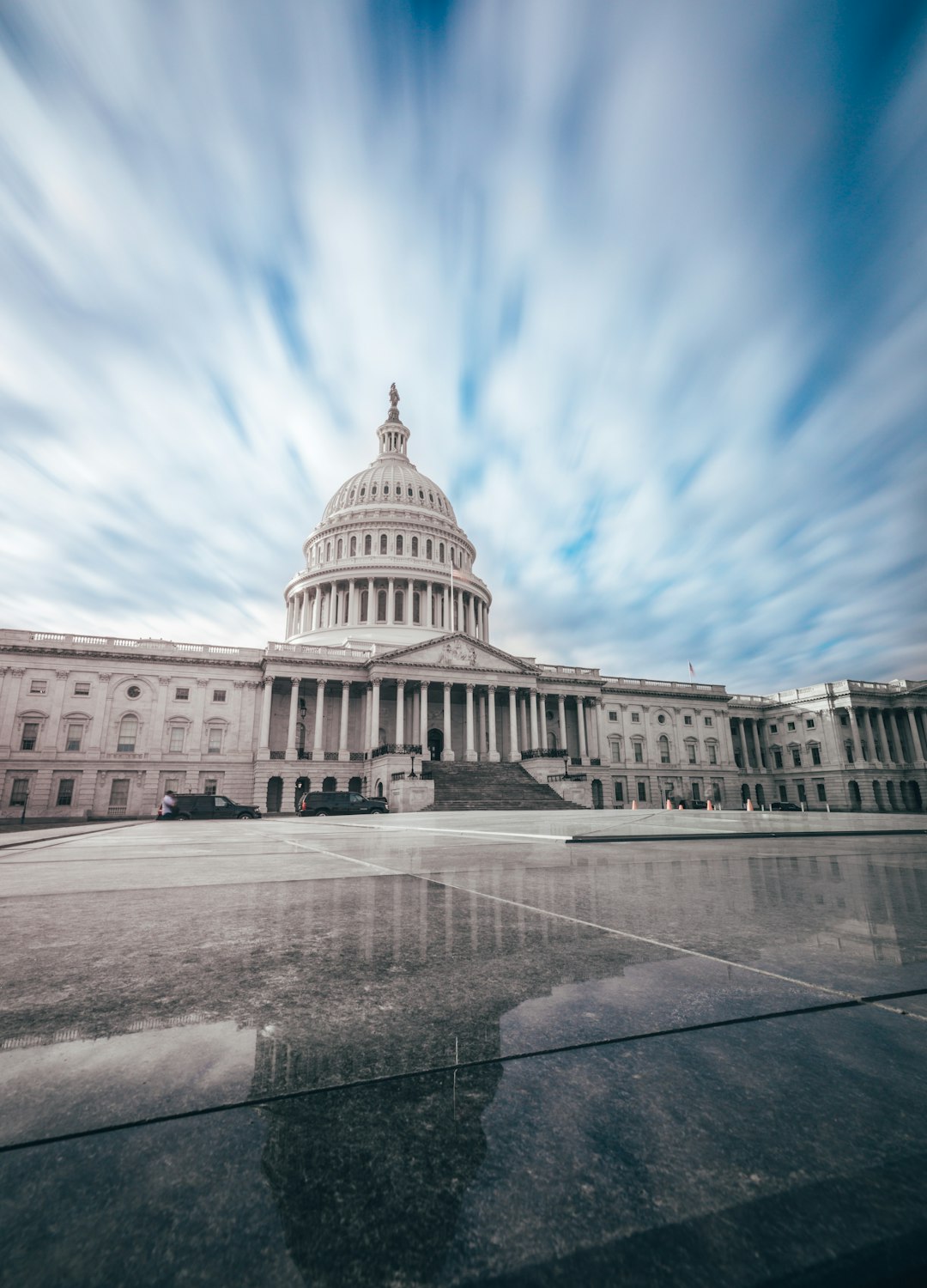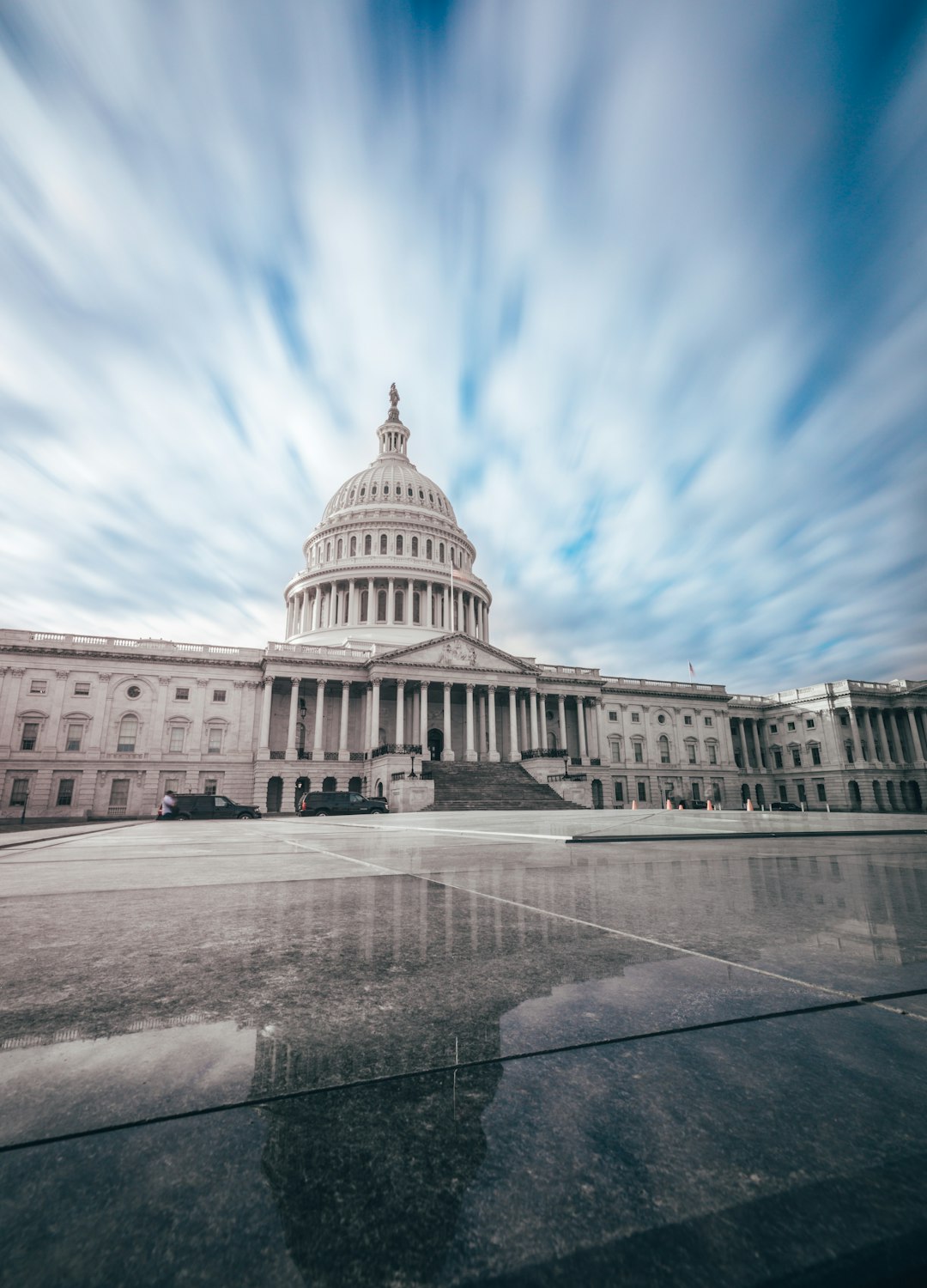Washington's strict spam call laws protect consumers from unwanted marketing calls, with heavy penalties for violators. Telemarketers must obtain prior consent, offer clear opt-out options, and keep detailed records to comply. The Attorney General's Office and dedicated spam call law firms in Washington actively enforce these regulations, monitoring complaints and imposing fines. Consumers are empowered to understand their rights, deterring unethical telemarketing practices and protecting privacy from unsolicited calls, while regular compliance training is vital for businesses operating within the state.
In the digital age, telemarketing has evolved but so have consumer protections. Washington state boasts stringent spam call laws aimed at preserving resident privacy. This article navigates the legal obligations of telemarketers operating within the state, delving into key aspects like understanding the spam call landscape, adhering to strict regulations, and facing severe penalties for non-compliance. For businesses seeking to avoid legal snares, mastering these requirements is essential, especially with the help of a dedicated spam call law firm in Washington.
Understanding Washington's Spam Call Laws

In Washington, telemarketers face stringent regulations designed to protect consumers from unwanted and deceptive calls, often referred to as spam. The state’s spam call laws are among the most comprehensive in the nation, imposing strict penalties on violators. These laws aim to strike a balance between allowing legitimate marketing efforts and preventing nuisance calls that can harm consumer privacy and peace of mind.
Telemarketers operating within Washington must adhere to specific guidelines, including obtaining prior consent from recipients for marketing purposes, providing a clear and easy opt-out option during each call, and maintaining detailed records of call activities. Failure to comply with these spam call law firm Washington requirements can lead to substantial fines and legal repercussions. Understanding and adhering to these regulations are crucial steps in ensuring a successful and ethical telemarketing campaign in the state.
Legal Obligations for Telemarketers in WA

In Washington, telemarketers are subject to strict regulations designed to protect consumers from unwanted and deceptive practices. The state’s spam call law firm plays a pivotal role in enforcing these rules, ensuring that businesses operating within its borders adhere to ethical marketing standards. Key legal obligations for telemarketers include obtaining prior consent from recipients before making calls, providing clear and accurate information about the purpose of the call, and respecting consumer choices to opt-out or stop future contact. Violations of these obligations can result in significant fines and other penalties.
Washington’s spam call law firm actively monitors compliance, investigating complaints and taking legal action against companies that fail to meet their obligations. This proactive approach serves as a deterrent for businesses considering unethical telemarketing practices. Consumers in Washington are encouraged to familiarize themselves with their rights under the state’s laws to ensure they can take appropriate measures if they experience unsolicited calls or feel their privacy has been violated.
Enforcement and Penalties

In Washington, the enforcement of telemarketing laws is handled by the Attorney General’s Office, which actively monitors and investigates complaints related to spam calls. Violations of these regulations can result in significant penalties for telemarketers and call centers. Fines range from $1,000 to $50,000 per violation, with additional costs for attorney fees and court expenses. The state’s strict laws aim to protect consumers from unwanted and deceptive marketing practices.
The Washington spam call law firm plays a crucial role in this process, assisting victims in taking legal action against violators. Consumers who have experienced unsolicited calls or received false or misleading information can file complaints with the Attorney General’s Office, which may lead to investigations and potential legal proceedings against offending telemarketers.
Best Practices for Telemarketing Compliance

To ensure compliance with the strict regulations in Washington, telemarketers should adopt a series of best practices. One key practice is to obtain explicit consent from consumers before making any sales calls, adhering strictly to the state’s anti-spam call laws. This involves clear and concise opt-in mechanisms during initial contact, allowing recipients to choose whether they wish to receive future calls.
Additionally, telemarketing firms should maintain detailed records of consumer preferences and call history. By doing so, they can avoid unnecessary calls to individuals who have expressed disinterest or requested to be excluded from marketing efforts. Regular training on compliance regulations and staying updated with legal changes are also vital to mitigate risks and ensure ethical telemarketing practices in Washington.






